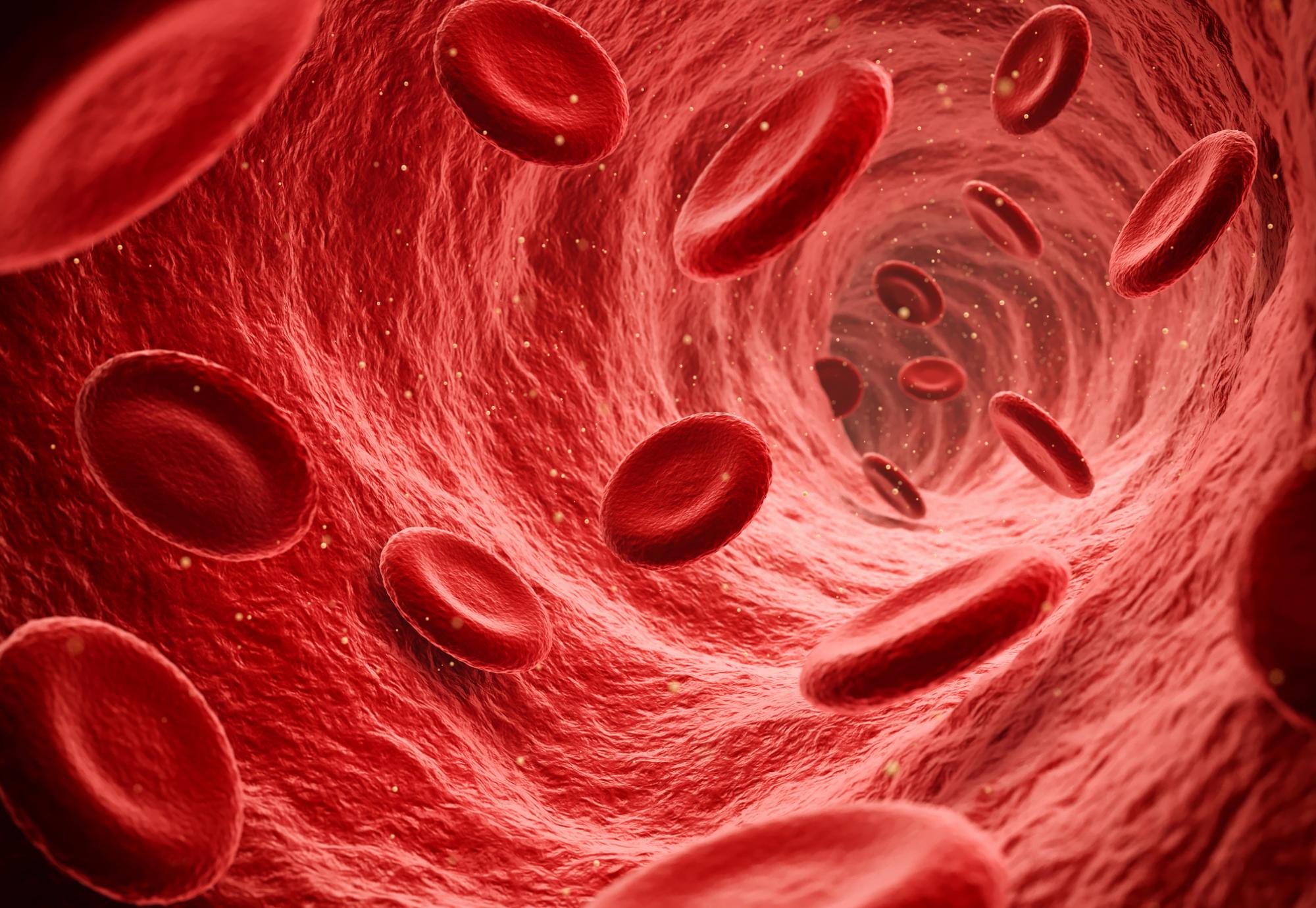Patients with a rare blood disorder are set to have access to a new treatment on the NHS, following draft guidance issued by NICE recommending the drug.
NICE recommended the use of midostaurin as a treatment for advanced systemic mastocytosis in adults.
Mastocytosis is a rare condition caused by an excess number of specific blood cells called mast cells, which play a key role in the immune system by triggering inflammation of the body.
In those with advanced systemic mastocytosis, a severe form of the disease, mast cells gather in body tissues, such as the skin, internal organs, and bones. There are three diverse subtypes of the condition: aggressive systemic mastocytosis, systemic mastocytosis with associated haematological neoplasms, and mast cell leukaemia.
Symptoms vary between patients and can range from frequent and unexpected diarrhoea and vomiting to anaphylaxis.
Due to the individual nature of the disease and the diversity of the subtypes, there is currently no standard treatment for advanced systemic mastocytosis. Instead, treatment has been administered based on symptoms and can include a variety of therapies.
The new NICE draft guidance will mean that around 170 patients will now be eligible for treatment for midostaurin; the first targeted therapy for advanced systemic mastocytosis to be available on the NHS.
The treatment is taken orally twice a day and works by blocking multiple enzymes involved in the condition.
Evidence from clinical trials suggests midostaurin can improve the overall survival rate of people with the condition, compared to several comparator treatments. There is also a substantial improvement in the quality of life for patients using the drug, though evidence around its effectiveness remains uncertain.
Based on this, NICE has recommended that midostaurin is considered a cost-effective use of NHS resources and permitted for routine use on the NHS.
Meindert Boysen, Deputy Chief Executive and Director of the Centre for Health Technology Evaluation at NICE, said: “We are pleased to be able to recommend midostaurin as a treatment option for people with advanced systemic mastocytosis, despite the limitations in the clinical and comparative effectiveness evidence.
“The symptoms experienced by patients with this rare disease can be devastating and limiting. By recognising that patients with advanced systemic mastocytosis have a limited life expectancy without midostaurin, and by working closely with the company, we can support access to this innovative treatment.”
Blake Dark, interim Chief Commercial Officer at NHS England, added: “As the first targeted therapy for this form of blood disorder available on the NHS, patients with advanced systemic mastocytosis will now have their chances of survival improved while experiencing a better quality of life.
“This deal is another example of how the NHS is securing access to treatments for rare conditions, that are value for money for taxpayers.”



















